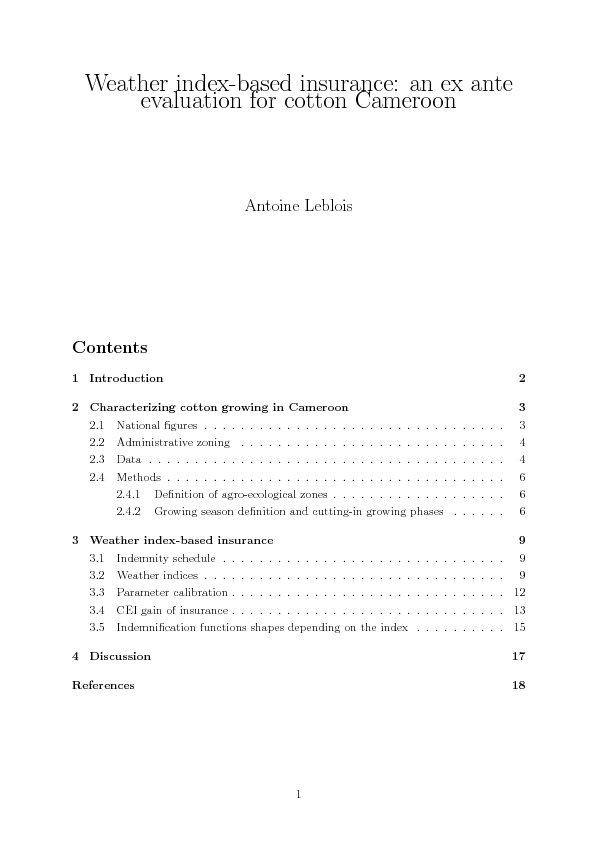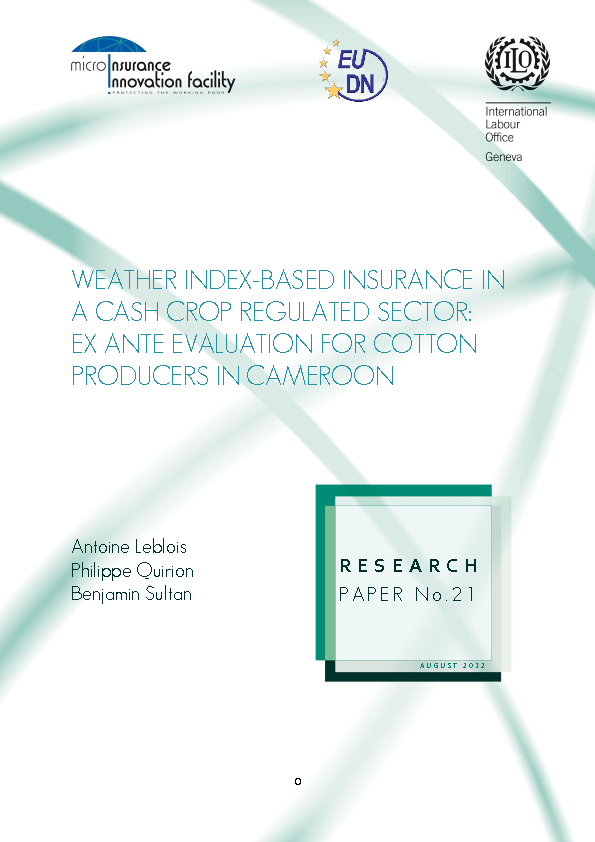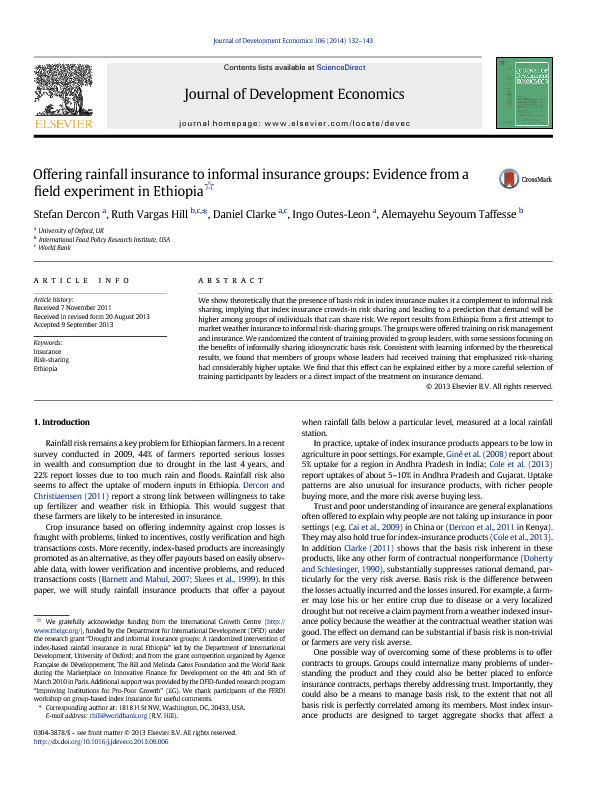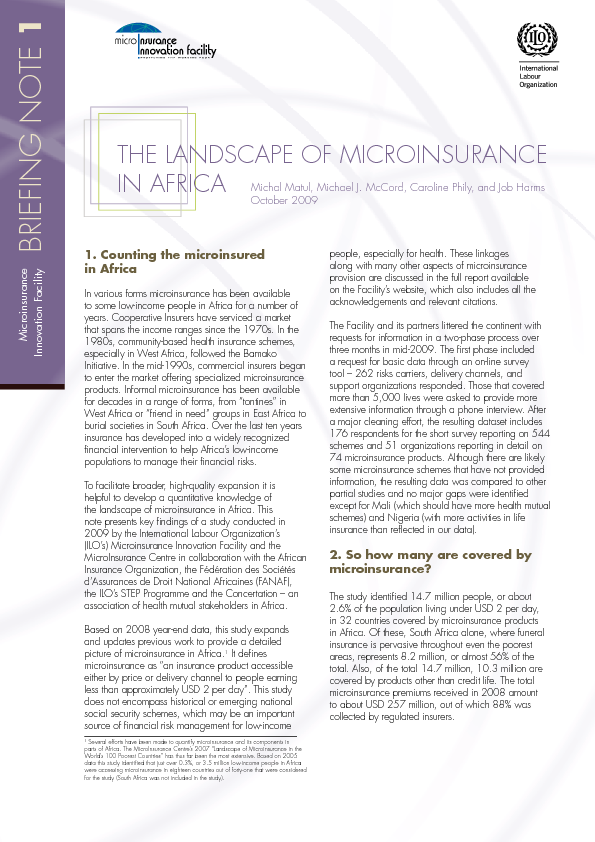25
Nov
Topics:
The Conference will focus on how agricultural insurance and food security are linked and how this link is relevant for future development efforts. It will sharpen the understanding under what circumstances and how agricultural insurance can best contribute to food security and provides a platform to share experiences. The Conference welcomes food security and agricultural insurance experts, development organizations, insurance policy makers and regulators, academia and representatives from the private sector. View AIC 2014 panelist interviews here.





